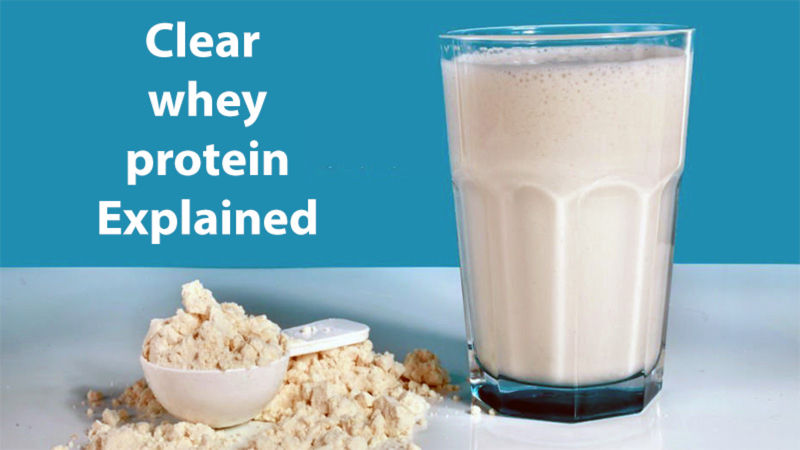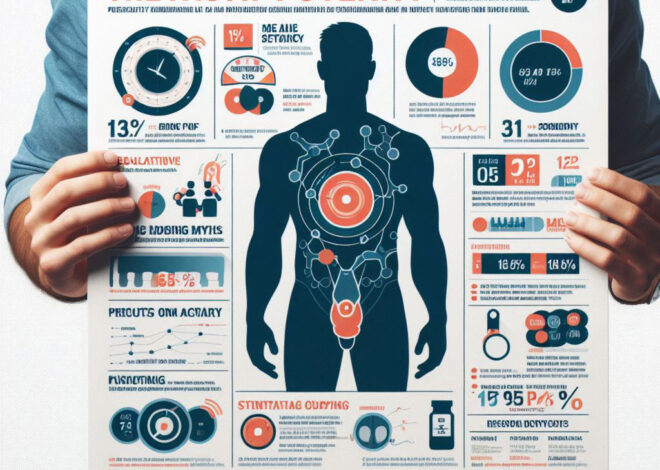Is consuming whey protein essential for muscle development? Specialists provide insights.
Popular fitness trainer Abbas Ali recalls the heydays of the early 2000s when whey supplements, albeit unpalatable, were considered an elite supplementing choice in gym training. This supplementation was driven by a culture aspiring to imitate muscular Bollywood male icons.
Things changed between 2008 and 2014. People educated themselves, travelled, questioned their trainers, and dietary experts saw a rise in their importance. Companies offering supplements were established in India. During this time, Ali also founded Bodyholics. Soon, the focus of fitness shifted again. Emphasis now was placed on home-cooked food, getting a good night sleep, yoga, movement, compared with cardio bursts and HIIT. This was when fitness was seen as part of overall health.
Ali still takes protein, but only when he falls short on his daily nutritional requirements. The frequency has reduced significantly with the packs lasting longer. Gurugram’s ultra-runner and triathlete Abhishek Misra is sternly against all ultra-processed food, including whey protein. He mentions how the body rejects anything artificial. He suggests people rely on nature-based proteins like tofu, peas, soya, milk, eggs.
Sports nutritionist Lovneet Batra stresses a balanced diet instead of relying on whey protein. Severe health risks can be associated with using whey proteins, such as changes in body pH leading to calcium leaching from bones. Dr. Pughazhendi, an experienced sports physician, points towards potential kidney damage due to high protein intake, and challenges whey protein’s bioavailability.
It’s emphasized by experts that whey protein is a nutraceutical and should be consumed by those with higher training and protein needs. Using it as a regular part of one’s meal could be harmful due to potential contamination, as most brands do not have any certification and are not regulated. Caution is strongly advised against counterfeit products and those laced with harmful chemicals.
Still, endorsements from well-known personalities and misconceptions are making whey protein popular. Fitness instructor Sumaya Dalmia reminds that people often mistake whey for a steroid, calling for better understanding of these products and consultation with doctors or sports nutritionists before their usage.
The full text of the interview can be read here.


